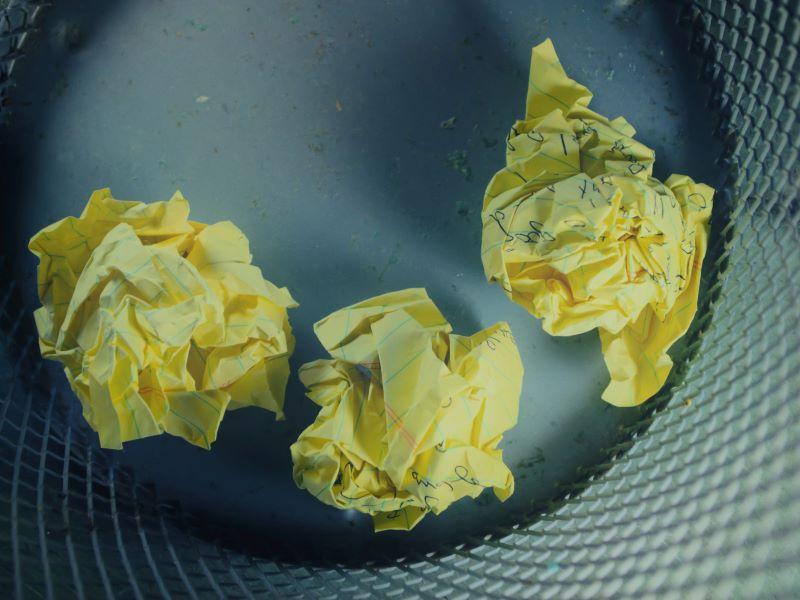The question I am always asked during the study break is: “Sir, can you please check if my answer to this past-year question paper is correct?”
In my experience teaching engineering, the student wants to know if they've solved it correctly and can get full marks for this type of question. If I enquire why it is important, more often than not, the answer is: “Because the question has been repeated in a few past-year papers. Maybe it will be asked again this semester.” This rote-recall tendency does not challenge the cognitive ability of a young engineering student; rather it focuses on memorising how to solve a particular type of question.
- Portfolio assessment may be the key to deeper learning
- Rethinking assessment in line with the changing world of work
- Three innovative authentic assessments to encourage soft skill mastery
Unfortunately, in the real world, engineering problems are more about adapting your approach to the problem at hand. There might not be one correct approach, and there’s always a trade-off. To decide the appropriate approach, you need to understand all aspects of the problem. Sometimes, the problem you encounter might be unique to your case, where you can’t copy another engineer’s approach. The ability to deal with a new problem needs to be introduced to the students early in their studies to prepare them for the real world.
During a formative assessment, I challenged the students with a familiar past-year question but added a tricky condition. To my surprise, more than 70 per cent of the students completely missed it and solved the question as discussed in the past-year paper, suggesting pattern recognition rather than critical thinking. This ritualistic repetition might earn them marks, but it is damaging their critical thinking skills and limiting the deeper understanding that is especially necessary for engineering students. The role of exams is supposed to be evaluating students’ application of understanding, not recalling answers practised in the past.
How to address students’ rote recall
For my class, I introduced a scaffolding approach to students’ learning. After every chapter was completed, I introduced a quiz, where they discussed the answers in the group before finalising them. The questions related to real-world problems and not theoretical study. Throughout the semester, practical examples were presented either through YouTube videos or props. These improved students’ understanding of the basic engineering concepts.
At the beginning of the semester, I introduced an integrated design project, combining other modules that students were undertaking for the same semester. This project required them to build a basic chemical plant with the knowledge they had been given. After each week, their understanding of the project improved. They were able to relate the theoretical aspect of different modules to a real-world scenario. They could visualise the importance of engineering concepts in practice. As they asked more questions about the project, their understanding improved and they were able to complete it.
Another strategy introduced throughout the formative assessments was innovative questions that ignited students’ cognitive thinking of students. In the final-year exam, the questions were not recycled from past-year papers. The students were told that trying to figure out the solution was given equal emphasis as reaching the right answer.
The importance of critical thinking
Throughout the semester, support was provided to the students whenever they felt challenged by the concepts introduced in the module. This strategy was crucial to reduce their fear of failure and engage their critical thinking skills. Critical thinking enables students to analyse problems, evaluate solutions and make informed decisions in complex, often ambiguous situations. To be competent in a fast-changing world, every graduate needs to sharpen their critical thinking skills. Testing their critical thinking skills is a key way to improve the quality of graduates.
A student initially frustrated with the unfamiliar format and not satisfied with my strategy later told me that they appreciated “finally being tested on thinking, not memory”. With this assessment method, the student not only improved their grades but fostered deeper understanding of the concepts taught in the module.
Summative assessments such as final exams have been around for thousands of years. They are a powerful instrument to test students’ learning when they are built to test understanding, not just repetition. If we want graduates to think critically and figure out solutions to unseen problems, we need to start with how we assess them. Future engineers need to be resilient and adaptive, rather than just good at spotting patterns.
Apurav Krishna Koyande is lecturer in chemical engineering at Universiti Teknologi Petronas.
If you would like advice and insight from academics and university staff delivered direct to your inbox each week, sign up for the Campus newsletter.




comment